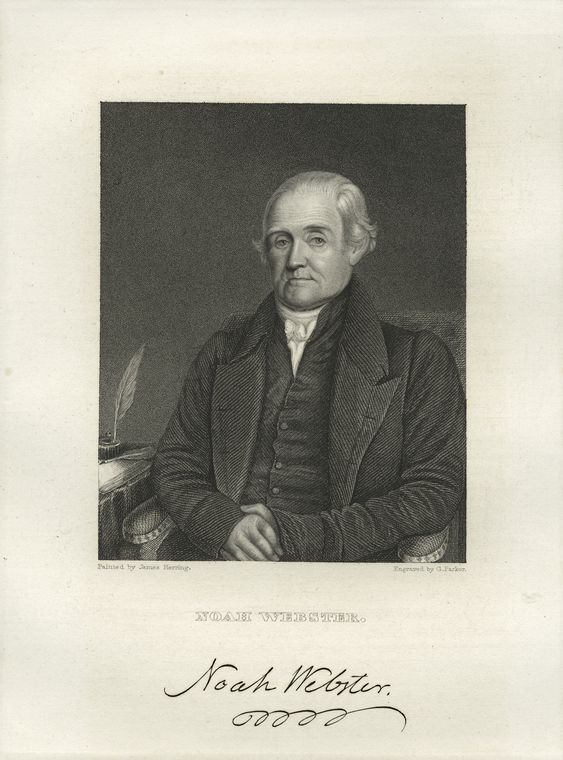Reader’s Den
October Reader’s Den — Discussion Questions for "The Meaning of Everything: The Story of the Oxford English Dictionary"

What struck you as you were reading? Here are some questions to get the discussion started, but please don’t feel limited to answering only the questions below. Go ahead and add your own questions or comment on a favorite episode, personality, or even a favorite dictionary entry described in the book.
Chapter 1: Taking the Measure of It All. The author describes the difference between prescriptive dictionaries, which aim to fix and regulate the language, and descriptive ones, like the OED, which seek to fully catalog a language as it is really used.
- In the 18th century, Daniel Defoe objected to the "inundation" of curse-words into the language. Do you think a dictionary should include modern slang and profanity?
- Does inclusion of a word in the OED or in Webster’s Dictionary imply its general acceptance and approval by a majority of English speakers?
Critic Harold Bloom refers to Winchester’s ability to create “novelistic portraitures of Dickensian characters.” The true story of Henry Bradley’s journey from cutlery factory clerk to senior editor of the OED, told in Chapter 5, could almost be lifted from a Dickens novel or possibly a Horatio Alger story.
- What is your favorite example of this “novelistic” portrayal of the historical figures in the book?
- Does the author strike the right balance between his portrayal of personalities and the necessary descriptions of the nuts and bolts of dictionary making?

- How would a strict enforcement of the “Webster ratio,” allowing no more than seven pages per section of the OED for every page of Webster’s Dictionary, have affected the size, scope, and historical value of the OED?
- Do you think it is possible to produce a significant work of art or scholarship with an eye to the bottom line?
 In the final chapter, the author states that The Meaning of Everything is not supposed to be an “overtly hagiographic” history of the OED (though the book is published by the Oxford University Press.)
In the final chapter, the author states that The Meaning of Everything is not supposed to be an “overtly hagiographic” history of the OED (though the book is published by the Oxford University Press.)
- Do you think he succeeds in writing a balanced and not overly flattering account?
- Is the OED truly as close to perfection as a dictionary can be?
Winchester refers several times to the democratic nature of the OED, the fact that illustrative quotations were contributed by many people from varied segments of society. In the prologue, he writes that “many will say that [the great dictionary project] was undertaken, and completed, and duly celebrated, mainly because… people of a certain kind in the Britain of the day, were quite simply possessed of much time and much learning, and in far greater abundance than many like people possess it today.”
- Do you agree with this statement? Do you think that a project on the scale of the OED could be conceived, undertaken, and completed today? Would participation from sufficiently erudite people be forthcoming?
- How does the participation of volunteer readers in the making of the OED compare with 21st century public participation in Wikipedia, to which "virtually anyone with Internet access is free to contribute?"
Thank you for stopping by the Reader's Den! I hope you'll participate in our discussion. See you next week for closing thoughts on The Meaning of Everything and suggestions for further reading.
READER'S DEN October 2011: Jump to Week: One | Two | Three | Four
Read E-Books with SimplyE
 With your library card, it's easier than ever to choose from more than 300,000 e-books on SimplyE, The New York Public Library's free e-reader app. Gain access to digital resources for all ages, including e-books, audiobooks, databases, and more.
With your library card, it's easier than ever to choose from more than 300,000 e-books on SimplyE, The New York Public Library's free e-reader app. Gain access to digital resources for all ages, including e-books, audiobooks, databases, and more.
If you don’t have an NYPL library card, New York State residents can apply for a digital card online or through SimplyE (available on the App Store or Google Play).
Need more help? Read our guide to using SimplyE.